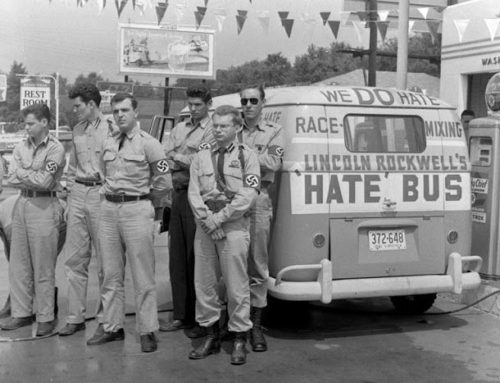Know Yourself, Forget Yourself:
Five Truths to Transform Your Work,
Relationships and Everyday Life
by Marc Lesser
In my coaching work, I’m often asked what books I might recommend for leaders seeking to deepen their leadership presence. I’m going to start cataloging books, reviewing them here and offering a “bookshelf” for readers to browse when looking for recommendations. But to start, let me offer this book on leadership from a surprising source, a Zen teacher turned CEO, consultant and coach, Marc Lesser.
Zen is a highly distilled and esoteric form of Buddhism that originated in China as Ch’an Buddhism and the was refined over hundreds of years in Japan to become the essence of elegant, less-is-more thought and design that has characterized so much of Japanese culture. Marc Lesser discovered Zen while he was taking a break from college. What began as an investigation turned into years of living in, and later managing the San Francisco Zen Center, founded by the legendary Suzuki Roshi, the monk who brought Zen to the United states, and the Tassajara Zen Mountain Center, the first Zen monastery in the Western world. He later received and MBA from NYU and founded and led several companies, the lastest of which is SIYLI, the Search Inside Yourself Leadership Institute. Marc’s purpose is to create leaders who are more effective. The path to effectiveness, says Lesser, is to become self-aware and emotionally mature through mindfulness and the latest in cognitive science.
Much of the book is told in modern anecdotes or traditional Zen stories, like this one.
There is a story from the seventh century in China, part of a collection that has been passed down through the centuries. In the story, a student approaches his old and sick teacher, who is near the end of his days. The student asks, “What is the teaching of an entire lifetime?” Somtimes this question is translated as, “What is the teaching of a thousand lifetimes?”
The teacher answers, “An appropriate response.”
An appropriate response — knowing when to speak or to be silent, to say yes or to say no, to stay or to leave. Knowing when to pick it up and when to put it down, when to move toward a person or situation and when to walk away. Knowing the right thing to do in any situation — this is the definition, the key, to effectiveness. My former publishing company, Brush Dance, once published a greeting card that said, “Wisdom is knowing what to do next.” Management guru Peter Drucker defined effectiveness in very similar terms: getting the right things done.
Another way to describe an appropriate response is to say it is an authentic reaction to the world around you that is consistent with your values and true to yourself. Not true, necessarily to what you were taught in school, or in your religion; not true to what earlier managers and leaders taught you to do, think or believe; but true to yourself and to the lessons you have learned in a life.



